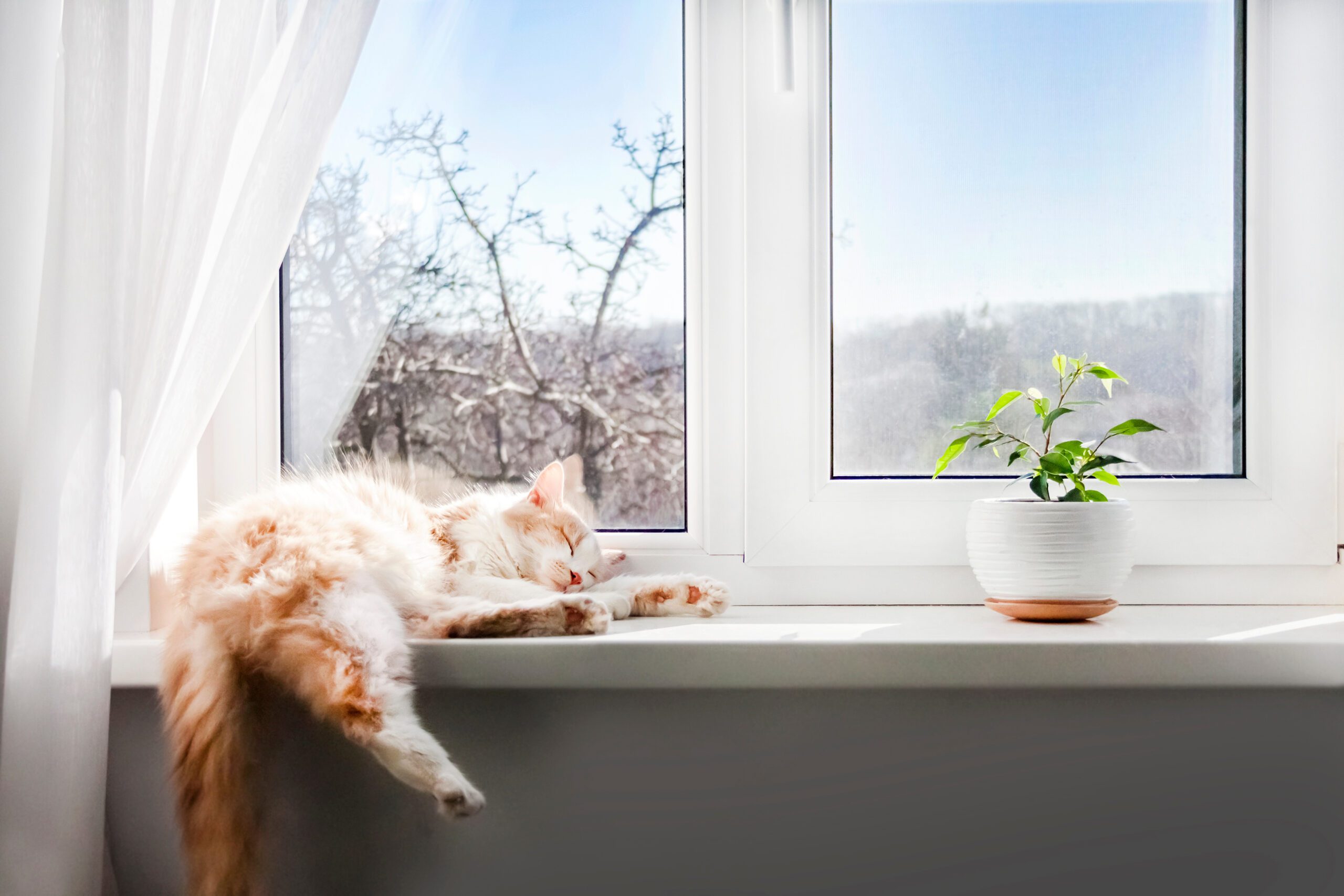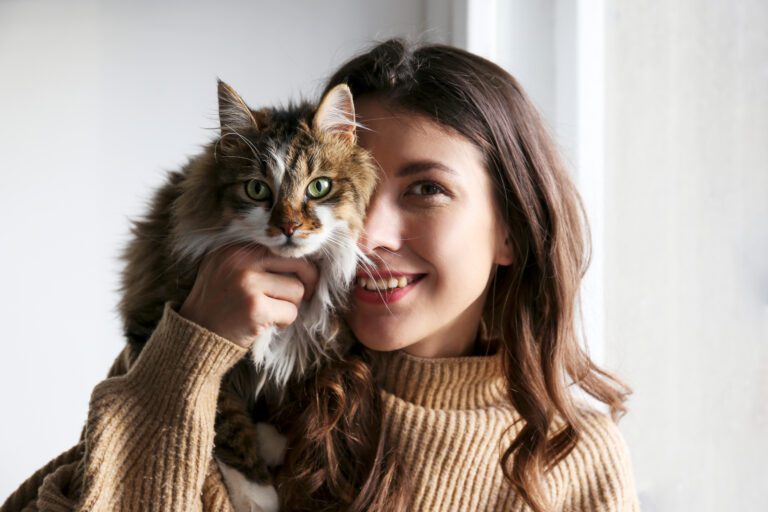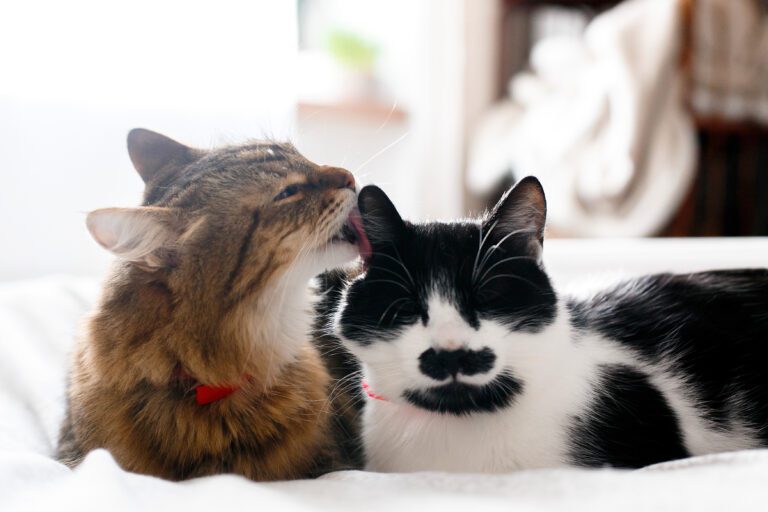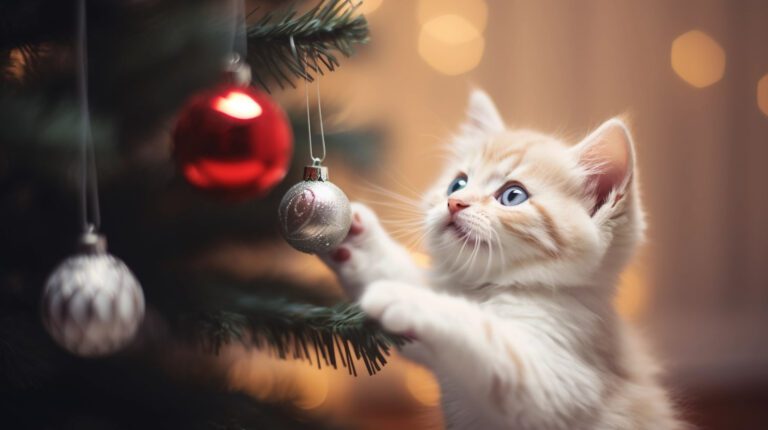Cats are renowned for their uncanny ability to turn any corner of your home into a cozy nap haven. With their languid stretches and deep, rhythmic purring, it’s hard not to envy their seemingly endless siestas. If you’ve ever wondered why your feline friend is so dedicated to the art of sleep, you’re not alone. So, why do cats sleep so much?
Evolutionary Instincts:
Understanding a cats sleep patterns begins with a glimpse into their evolutionary history. Unlike their wild ancestors, domesticated cats no longer need to hunt for every meal. However, the instinct to conserve energy persists. Cats are crepuscular creatures, meaning they are most active during the dawn and dusk. In the wild, this behavior helps them avoid larger predators and sneak up on their prey. To compensate for their bursts of energy, they require significant periods of rest.
Energy Conservation:
Cats are known for their bursts of energy followed by extended periods of rest. This energy-saving strategy is crucial for survival in the wild, where they may need to sprint after prey or escape potential threats. Domestic cats may not face the same life-or-death situations, but the instinctual need to conserve energy remains deeply ingrained.
Deep Sleep for Health:
Cats experience two main sleep phases: light sleep and deep sleep.
- During light sleep, they can quickly wake up and respond to their surroundings.
- However, it’s the deep sleep phase that contributes significantly to their overall health. Deep sleep is essential for muscle repair, immune system function, and the release of growth hormones. The more profound the sleep, the more effectively these processes occur.
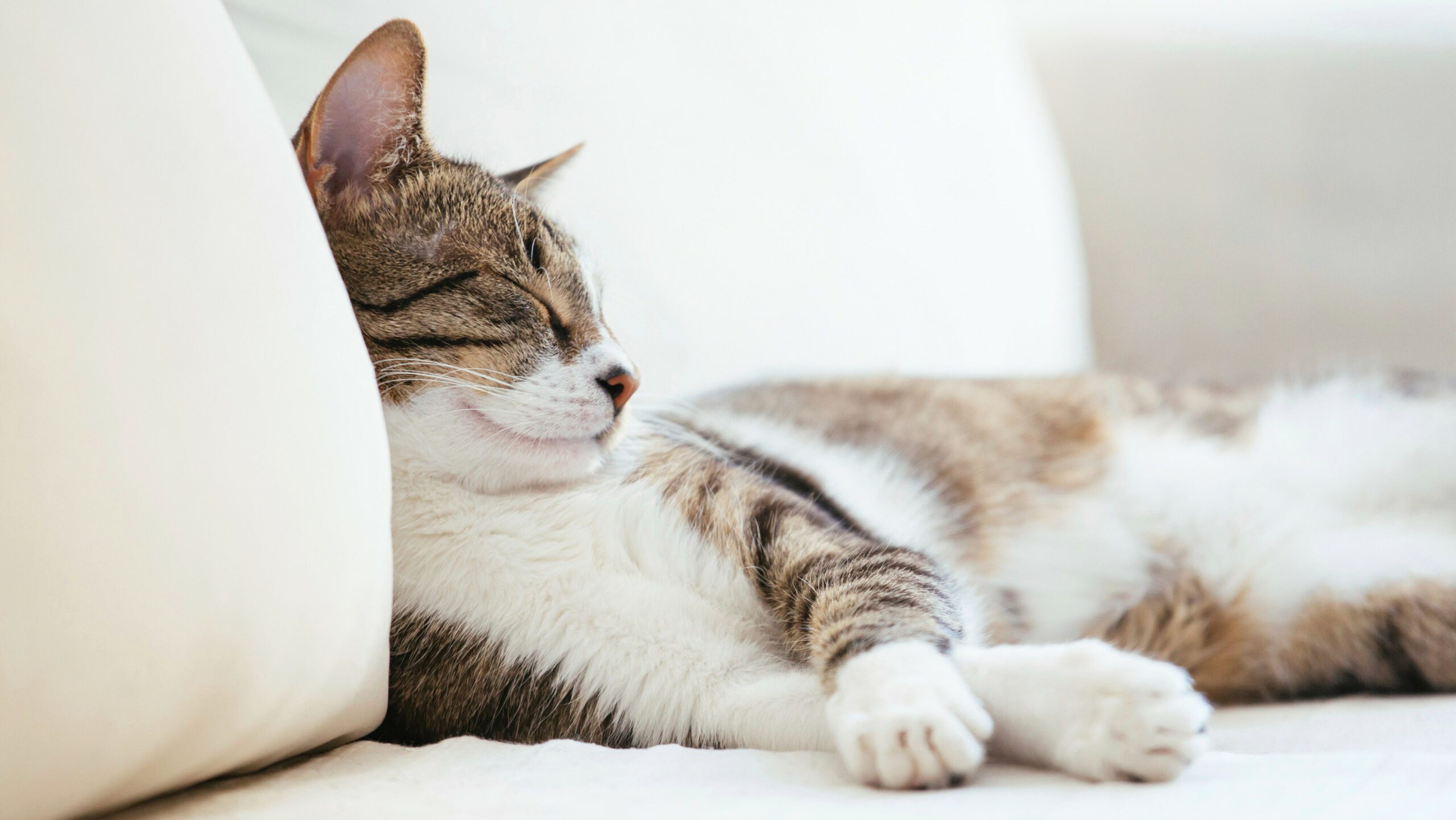
Cats as Natural Hunters:
Even though our house cats might not be chasing down prey in the living room, their predatory instincts persist. Mental stimulation is crucial for a cat’s well-being, and hunting is a mentally engaging activity. When your cat is not actively hunting toys or engaging in play, they may resort to sleeping to conserve energy for potential hunting opportunities.
Comfort and Safety:
Cats are meticulous about their environment, and feeling safe is paramount to their well-being. A secure and comfortable environment encourages longer periods of rest. If you’ve provided a cozy bed, perches by the window, and quiet corners, your cat is more likely to indulge in prolonged naps.
While it might seem like your feline friend is an expert in the art of sleep, their seemingly excessive snoozing is deeply rooted in instinct and biology. From evolutionary survival strategies to the need for energy conservation, the reasons behind a cat’s love for sleep are multifaceted. Embracing and understanding these habits will not only strengthen your bond with your furry companion but also contribute to their overall health and happiness. So, the next time you catch your cat in a deep slumber, remember they’re simply following the age-old tradition of cat napping.



